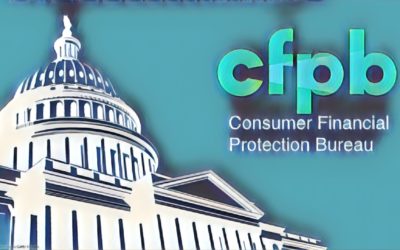Our Resources
A Digital Financial Literacy Program
Too many consumers mismanage their budgets, make uninformed investment decisions, and fail to properly plan for the future. NAFSA is committed to empowering people with the skills they need to change this trend and thrive financially. NAFSA’s Financial Literacy Program offers an assortment of digital modules covering a wide variety of financial topics, including building emergency savings, mortgage education, and retirement planning.
Tribal Online Lending Best Practices
NAFSA has developed Best Practices for the exclusive use of all NAFSA Members as it relates to their Tribal Online Lending businesses. We believe these Best Practices will help ensure consumer protection, quality service, and positive customer and industry interactions during the life of the loans made by tribal lending entities who are NAFSA members. Our Best Practices apply to all stages of the loan, including marketing, origination, servicing, collecting, and ongoing data privacy.
The Latest Financial News
Appeals Court Clears Way for Colorado to Enforce Interest Rate Caps on Out-of-State Loans
Last week, Colorado secured a major legal victory allowing the state to enforce its 36 percent interest rate cap on consumer loans made to residents, even when those loans originate from out-of-state banks working with fintech lenders. In 2023, Colorado passed...
Trump Administration Says CFPB May No Longer Legally Request Funds from Federal Reserve, Setting Tentative Shutdown Date of Early 2026
The Trump administration has officially determined that the Consumer Financial Protection Bureau (CFPB)’s current funding mechanism is unconstitutional and the agency may no longer request funds from the Federal Reserve. The CFPB anticipates having sufficient funding...
Federal Reserve Reducing Bank Supervision Staff By 30 Percent
The Federal Reserve is planning to reduce its banking supervision staff by 30 percent by the end of next year, which would cut the supervision and regulation division from a previous authorized staff count of 500 down to roughly 350. Fed Vice Chair for supervision...





